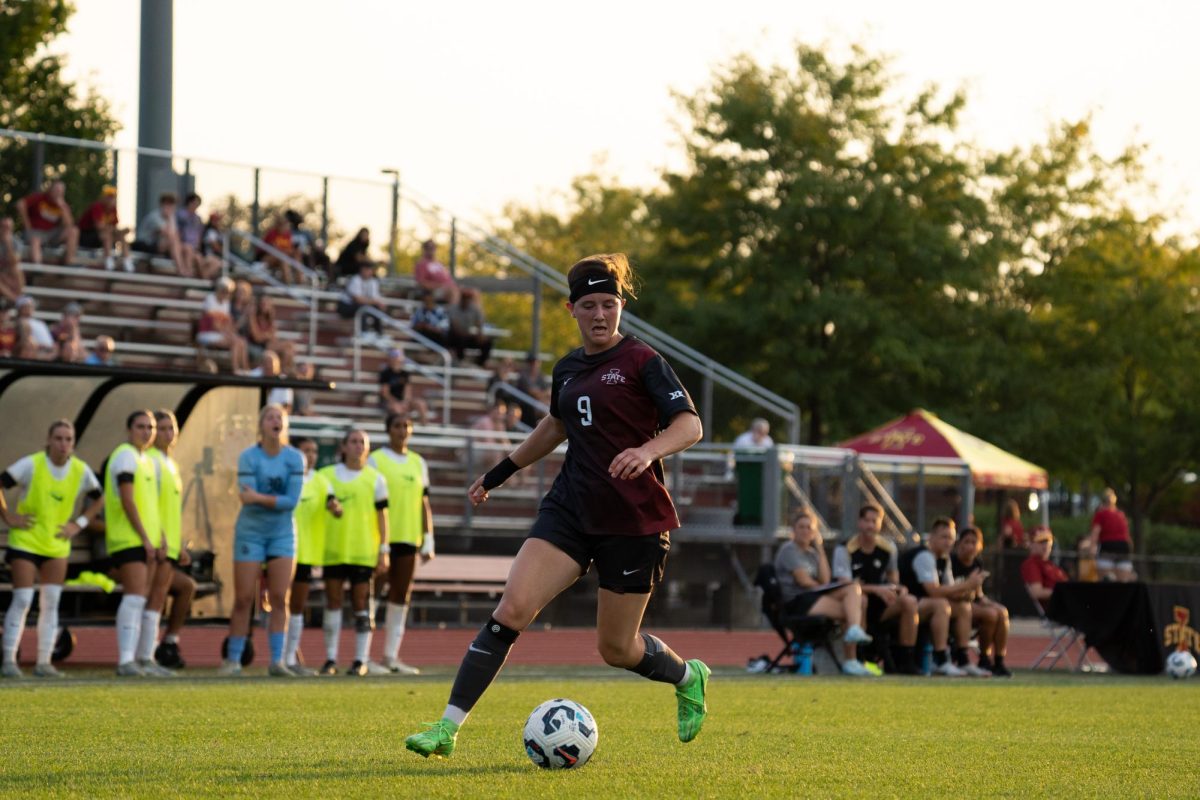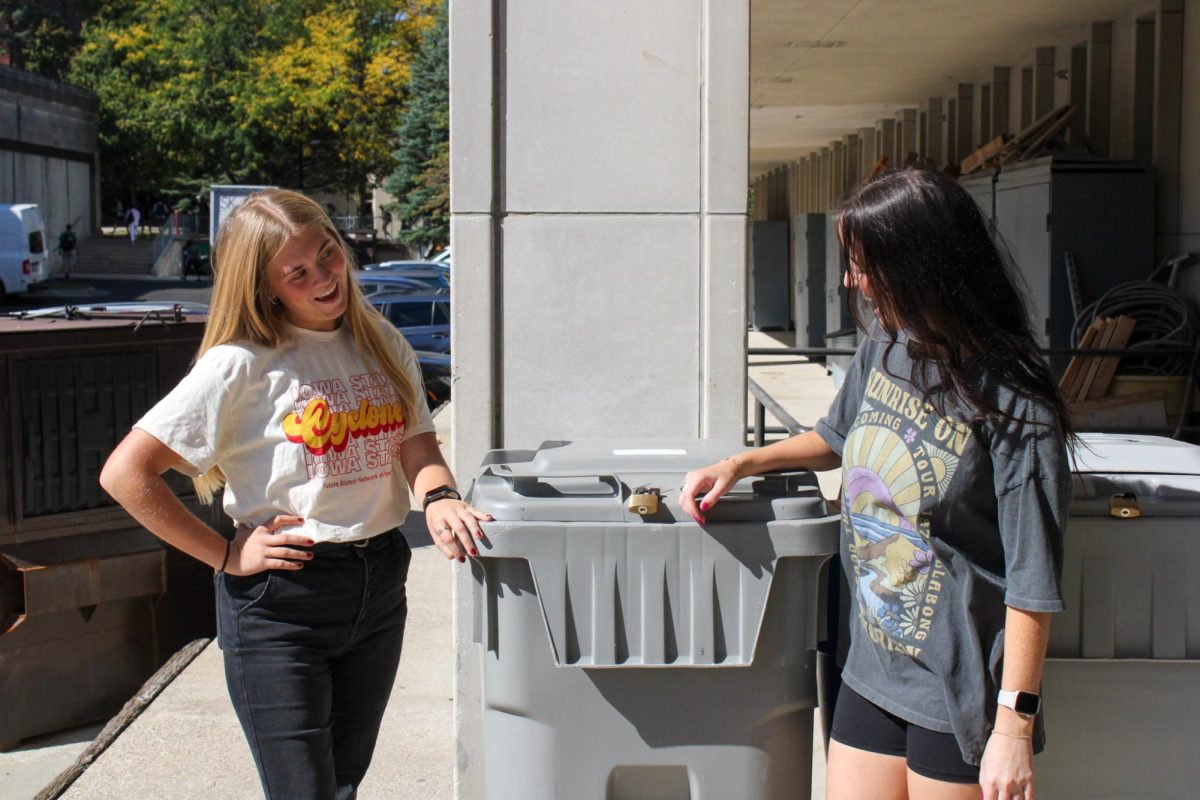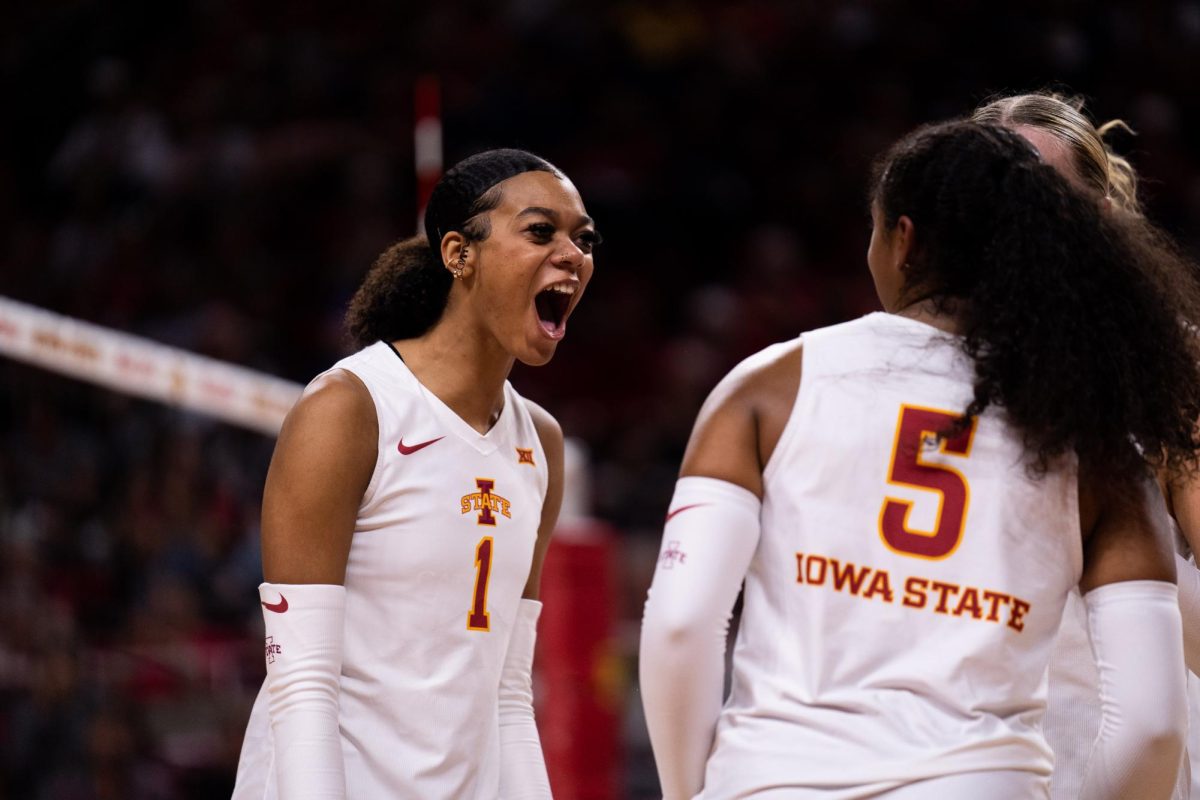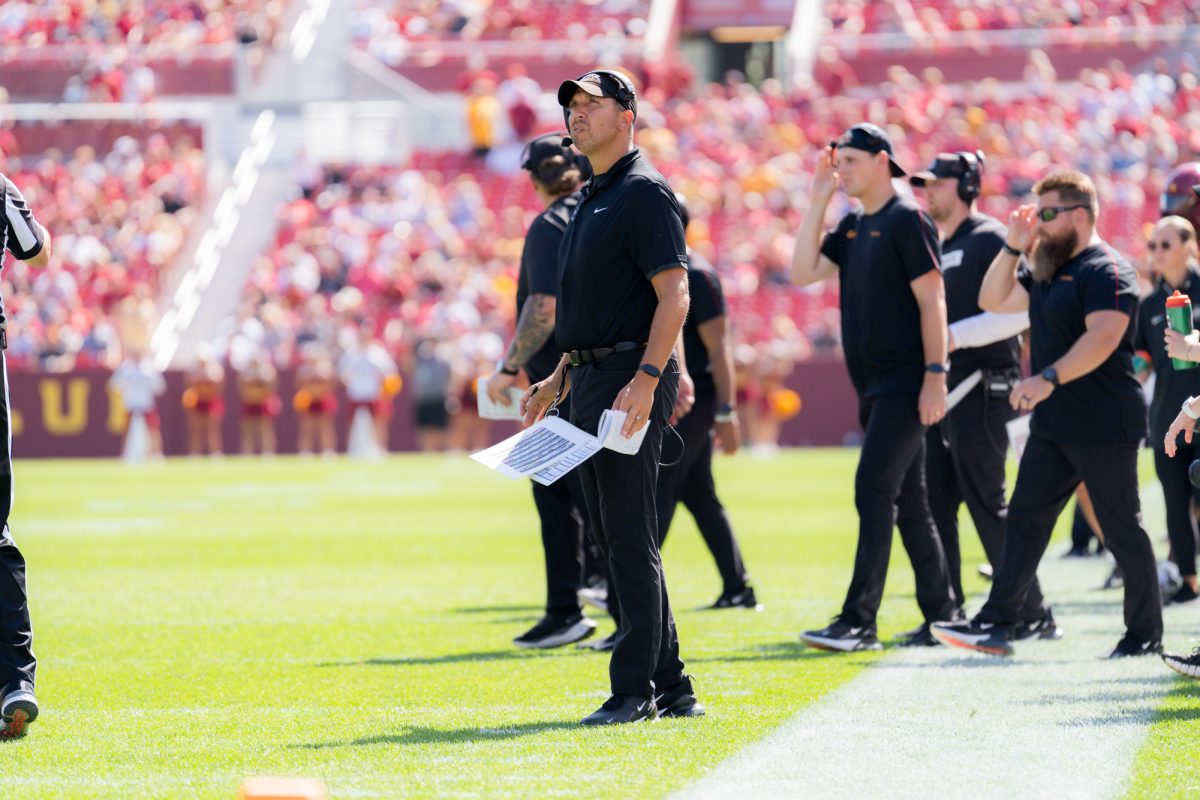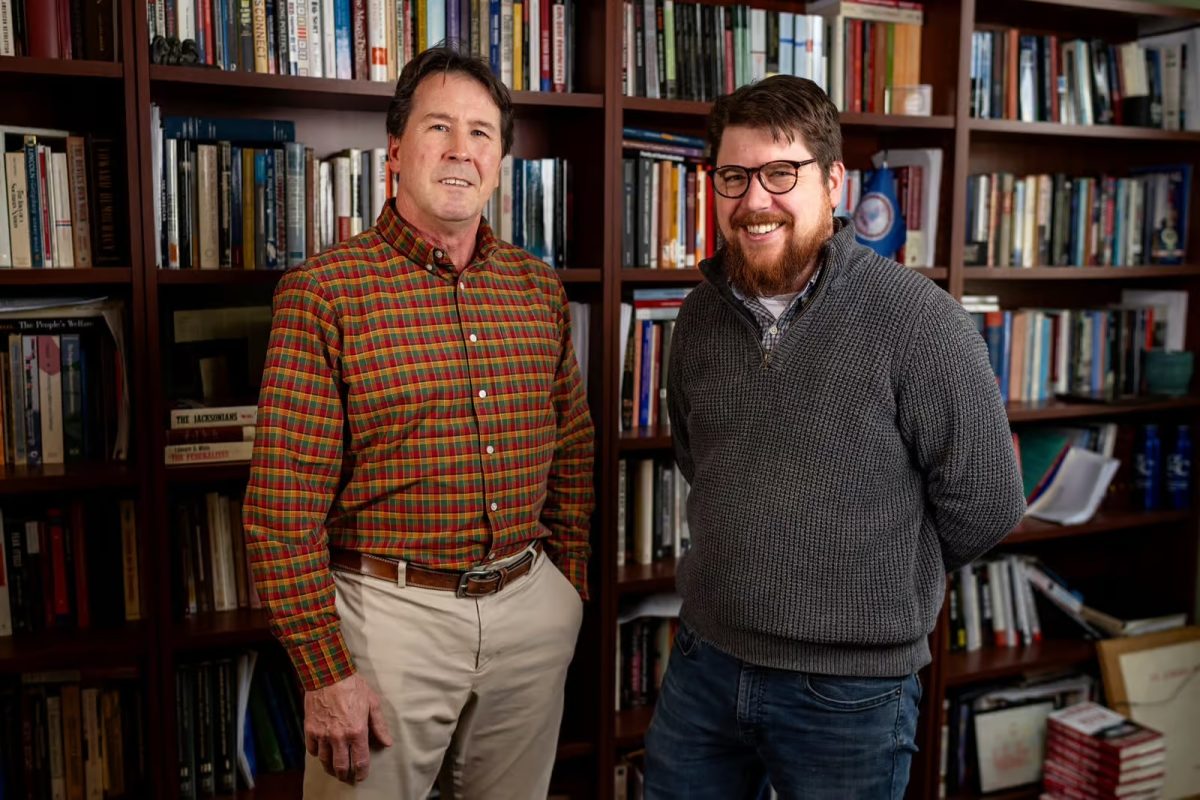Study Abroad celebrates ‘success story’
October 18, 1999
What a difference four years make.
When Iowa State’s Study Abroad Center was doing long-range planning in 1995, Study Abroad coordinator Trevor Nelson set a goal to get 750 students traveling internationally by the 1999-2000 term.
That number was shattered a year early.
During the 1998-99 academic year, 862 students went overseas to study or work in the programs offered through Study Abroad. “We broke our target quite convincingly,” Nelson said.
Students, staff and faculty gathered Thursday afternoon for a reception celebrating the “success story” of the past year in the Study Abroad Center, Room 6 Hamilton Hall.
Nelson credits Study Abroad’s success to “a partnership between this office, colleges and departments and central administration.”
“The faculty is willing to take groups of students abroad,” Nelson said. “Their salaries are paid by the department. At many other schools, salaries are passed on to students.”
ISU administration also helped Study Abroad financially.
“The university has made $70,000 available annually in scholarships, which we administer through our office,” Nelson said. “The university feels that a study abroad experience is an important part of an education at ISU.”
Students seemed to have found a similar experience, no matter where they traveled.
Kelly Stoll, junior in exercise and sports science, described her trip to China in conjunction with Cargill last summer as “awesome.”
Stoll’s group was scheduled to spend six weeks in China; however, the trip was cut down to a month due to the NATO conflict. Still, “the people were incredibly kind,” Stoll said.
Bill Pinegar, graduate student in higher education, participated in the Regents’ Semester in Wales in fall 1997.
He is now the graduate student assistant in the Study Abroad office.
“It is an incredible opportunity to step out of the roles you play on a day-to-day basis such as son, daughter, employee, friend, etc. You lose the security that we all take for granted. This forces you to grow as an individual,” Pinegar said.
Melea Reicks, junior in public service and administration in agriculture, spent two weeks in Ireland during the summer of 1999 studying agricultural and rural development, under the direction of Paul Lasley, professor of rural sociology.
One of the things Reicks observed was the similarity between Ireland and Iowa agriculturally, such as the difficulties farmers have staying in business with the current economy.
Reicks enjoyed her experience. “I learned a lot about Irish agriculture and people,” she said.


